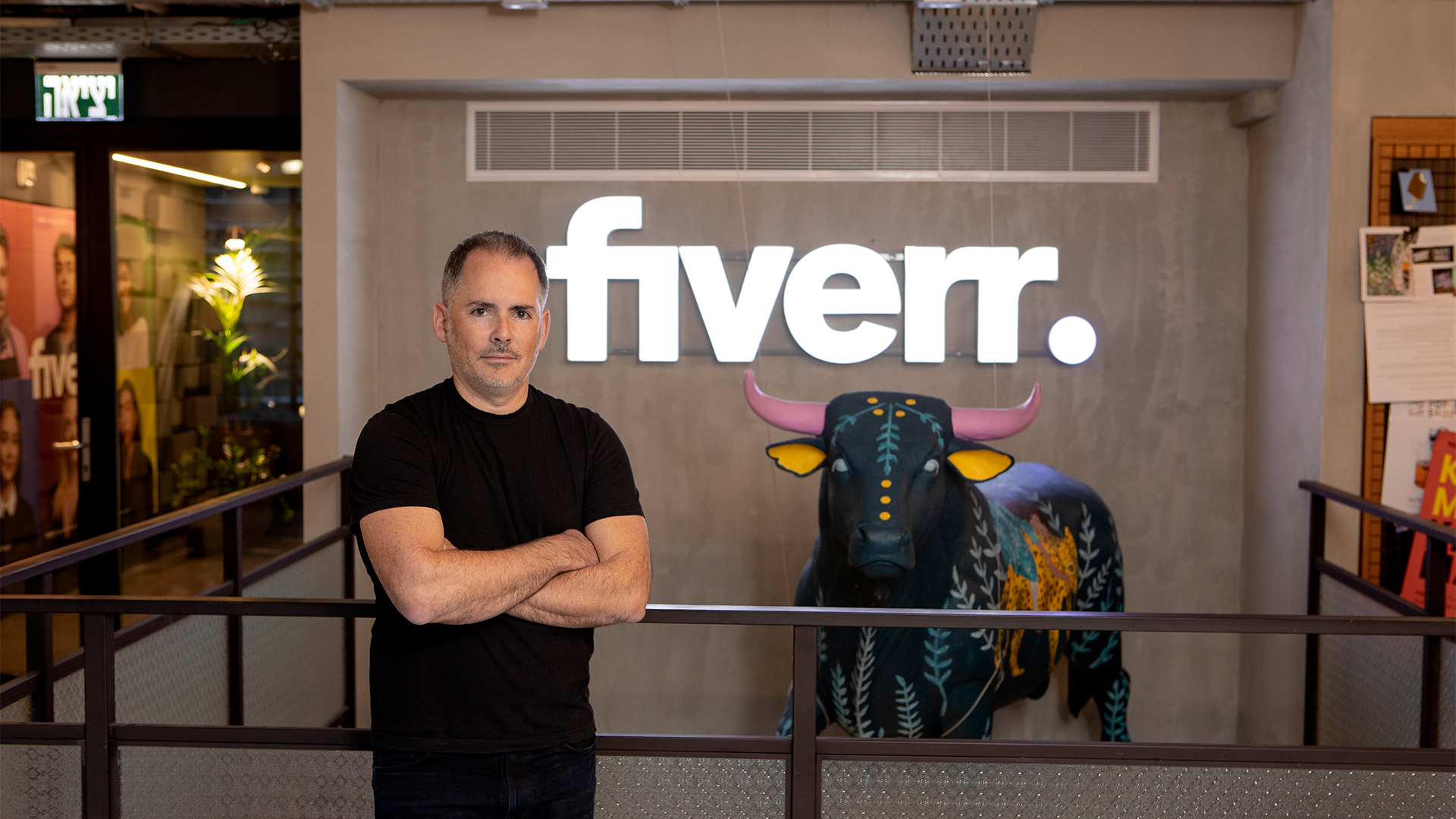Public sector workers are sweating over AI security threats
With budgets tight, public sector IT decision makers said they see potential security risks in AI


Nearly a third of public sector IT professionals are seriously concerned about the security dangers of AI, especially the risks around data privacy and compliance.
While AI adoption is gaining momentum, with predictive analytics and issue detection seen as the top benefits, there are lingering concerns, according to a SolarWinds survey.
Nearly a quarter of respondents said they were leveraging AI to automate tasks related to IT operations and enhance IT observability, with many more planning to adopt it soon.
However, almost three-in-ten said they were extremely or very concerned about the potential risks associated with adopting AI, such as data privacy and compliance.
This, researchers warned, is making full-scale implementation a slow process, leaving the public sector lagging behind.
"It is only by providing the right tools, with full visibility, that we ensure the security and resilience of our nation’s critical services," said Richard Giblin, SolarWinds' head of UK public sector and defence.
Broader security issues plague the public sector
In addition to AI-related security risks, public sector workers also flagged a number of key concerns looking ahead.
Get the ITPro daily newsletter
Sign up today and you will receive a free copy of our Future Focus 2025 report - the leading guidance on AI, cybersecurity and other IT challenges as per 700+ senior executives
Budgets were the biggest hurdle to improving cybersecurity, according to SolarWinds, cited by a quarter of those who took part.
One-in-five complained of the complexity of the internal environment, 11% of a lack of technical solutions, and one-in-ten of competing priorities.
For most organizations, digital transformation was a work in progress, with only 6% reporting that they'd fully completed their digital transformation journey.
Four-in-ten said their efforts were well underway, or beginning implementation in some areas with limited progress (40%).
Privacy and security concerns, as well as the complexity of integrating new systems, were key barriers, they said, while the most pressing current security challenges included vulnerabilities in monitoring systems and the critical need to safeguard sensitive information from cyber threats.
The survey found that the top-ranked security threat was careless or untrained insiders, cited by 56% of respondents - compared with 55% who rated the general cyber criminal community as more dangerous. Similarly, just over half were most concerned about foreign governments.
This, SolarWinds said, emphasized the need for stronger security awareness training, enhanced tools, and better access control mechanisms.
"It’s clear that UK public sector organisations are shifting operations and workloads to the cloud and embracing hybrid IT environments now more than ever," Giblin said.
RELATED WHITEPAPER

"But this evolution, along with increased AI adoption, brings added complexity in maintaining data security and regulatory compliance, all while navigating increasingly tight budgets."
The UK public sector experiences frequent cyber attacks, including the October 2023 ransomware attack on the British Library and a supply chain attack hit the Ministry of Defence last year.
A report from Verizon late last year found that insider threats accounted for three-in-ten breaches in the public sector.
Additionally, nearly seven-in-ten were caused by a non-malicious human action, such as a worker falling victim to a social engineering attack or making an error.
MORE FROM ITPRO
Emma Woollacott is a freelance journalist writing for publications including the BBC, Private Eye, Forbes, Raconteur and specialist technology titles.
-
 Geekom Mini IT13 Review
Geekom Mini IT13 ReviewReviews It may only be a mild update for the Mini IT13, but a more potent CPU has made a good mini PC just that little bit better
By Alun Taylor
-
 Why AI researchers are turning to nature for inspiration
Why AI researchers are turning to nature for inspirationIn-depth From ant colonies to neural networks, researchers are looking to nature to build more efficient, adaptable, and resilient systems
By David Howell
-
 ‘AI is coming for your jobs. It’s coming for my job too’: Fiverr CEO urges staff to upskill or be left behind
‘AI is coming for your jobs. It’s coming for my job too’: Fiverr CEO urges staff to upskill or be left behindNews The latest in a string of AI skills warnings has urged staff to begin preparing for the worst
By Ross Kelly
-
 Anthropic ramps up European expansion with fresh hiring spree
Anthropic ramps up European expansion with fresh hiring spreeNews Anthropic has unveiled plans to further expand in Europe, adding 100 roles and picking a new EMEA head.
By Nicole Kobie
-
 How simplicity benefits the IT partner ecosystem
How simplicity benefits the IT partner ecosystemSponsored Content Across private cloud and AI adoption, simple approaches can unlock more time and money for IT teams
By ITPro
-
 AI skills training can't be left in the hands of big tech
AI skills training can't be left in the hands of big techNews Speakers at Turing's AI UK conference lay out challenges to AI skills readiness
By Nicole Kobie
-
 The role of AI and cloud in true digital transformation
The role of AI and cloud in true digital transformationSupported Content Both cloud computing and AI technologies are vital to pushing your business forward, and combining them in the right way can be transformative
By Keumars Afifi-Sabet
-
 Generative AI adoption is 'creating deep rifts' at enterprises: Execs are battling each other over poor ROI, IT teams are worn out, and workers are sabotaging AI strategies
Generative AI adoption is 'creating deep rifts' at enterprises: Execs are battling each other over poor ROI, IT teams are worn out, and workers are sabotaging AI strategiesNews Execs are battling each other over poor ROI, underperforming tools, and inter-departmental clashes
By Emma Woollacott
-
 ‘If you want to look like a flesh-bound chatbot, then by all means use an AI teleprompter’: Amazon banned candidates from using AI tools during interviews – here’s why you should never use them to secure a job
‘If you want to look like a flesh-bound chatbot, then by all means use an AI teleprompter’: Amazon banned candidates from using AI tools during interviews – here’s why you should never use them to secure a jobNews Amazon has banned the use of AI tools during the interview process – and it’s not the only major firm cracking down on the trend.
By George Fitzmaurice
-
 Starmer bets big on AI to unlock public sector savings
Starmer bets big on AI to unlock public sector savingsNews AI adoption could be a major boon for the UK and save taxpayers billions, according to prime minister Keir Starmer.
By George Fitzmaurice